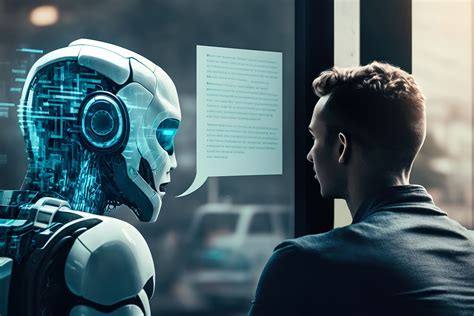The realm of coding education is undergoing a seismic shift due to the advent of AI copilots, tools that automate much of the granular coding tasks that once consumed copious amounts of a programmer’s time. This transition away from memorizing syntax towards nurturing higher-order coding skills, such as system design and debugging, presents a new paradigm. While the potential to accelerate learning and application is immense, it raises questions about the fundamental understanding of code that underpins durable software development skills.
User comments collected from a range of seasoned developers reveal a mixed reception to the integration of AI in coding practices. Some veterans appreciate the efficiency of AI tools in handling tedious tasks such as converting XML to JSON, tasks they’ve performed manually over decades. However, these seasoned coders also stress the importance of foundational skills, arguing that without a deep understanding of the underlying principles, newer programmers may struggle to debug or optimize the AI-generated code—or worse, learn from it.
The crux of the debate seems to center around the role of these AI tools in education settings. Should they be viewed as facilitators that can free up time for more complex problem-solving or feared as crutches that might hinder the development of a thorough grounding in coding principles? Teaching strategies that integrate AI must carefully balance the use of these tools with rigorous education in core coding skills to ensure that students are not merely competent in manipulating tools but are also versed in the science of software engineering.
Seasoned programmers shared experiences of AI’s usefulness in drafting initial code versions but voiced concerns about their dependability. Instances where AI failed to grasp the nuances between different versions of software libraries highlight a significant reliability gap. These insights are pivotal, as they underscore that while AI can offer suggestions and write initial drafts, the human coder’s ability to critically assess and refine makes the difference between functional software and a coding disaster.
Interestingly, some developers propose that AI could play a crucial role in boosting understanding through ‘reverse questioning.’ AI copilots could ask programmers detailed questions about their intentions, prompting them to think critically about what they want to achieve and why certain solutions are optimal. This could instill a deeper appreciation for the design and architecture behind coding solutions, potentially bridging the gap between using AI tools and understanding their output.
However, there are clear indications that merely relying on AI for coding tasks can form harmful habits. Newer programmers might become adept at feeding problems into AI and using the solutions uncritically, leading to superficial understanding and skills that might not withstand the demands of professional programming or the inevitable evolution of technology. Colleges and bootcamps need to cultivate environments where AI tools are used judiciously, ensuring that learning remains robust and centered around fundamental software engineering skills.
Ultimately, the role of AI in coding education is a double-edged sword. While it offers the promise of more efficient learning and faster development cycles, there is the unavoidable risk of fostering a generation of coders more skilled in using tools than in understanding how to build them from scratch. Educators and industry leaders must therefore navigate this new terrain with a strategy that ensures AI augments rather than undermines the holistic development of competent software professionals. By integrating AI tools with a solid curriculum in computer science fundamentals, we might yet harness the best of both worlds.


Leave a Reply